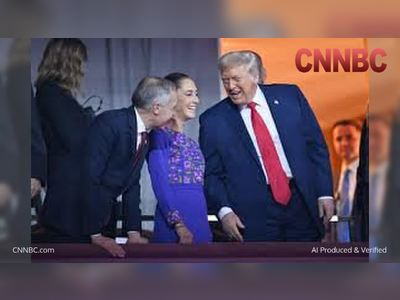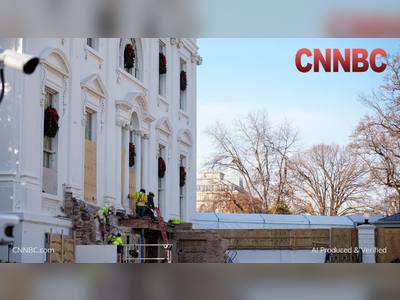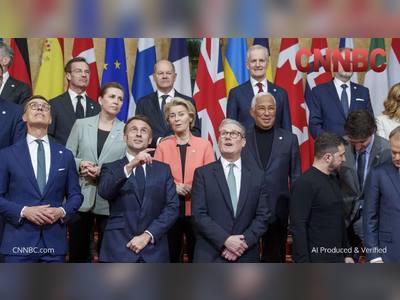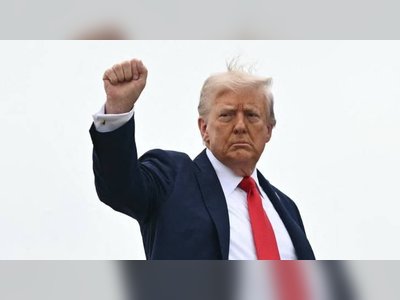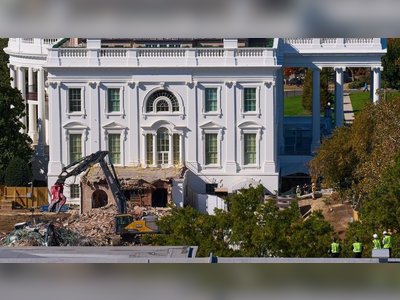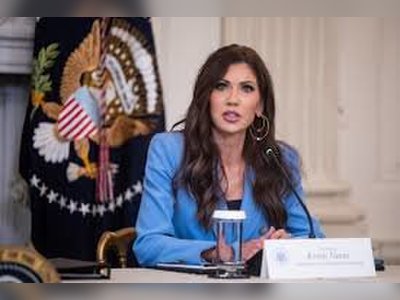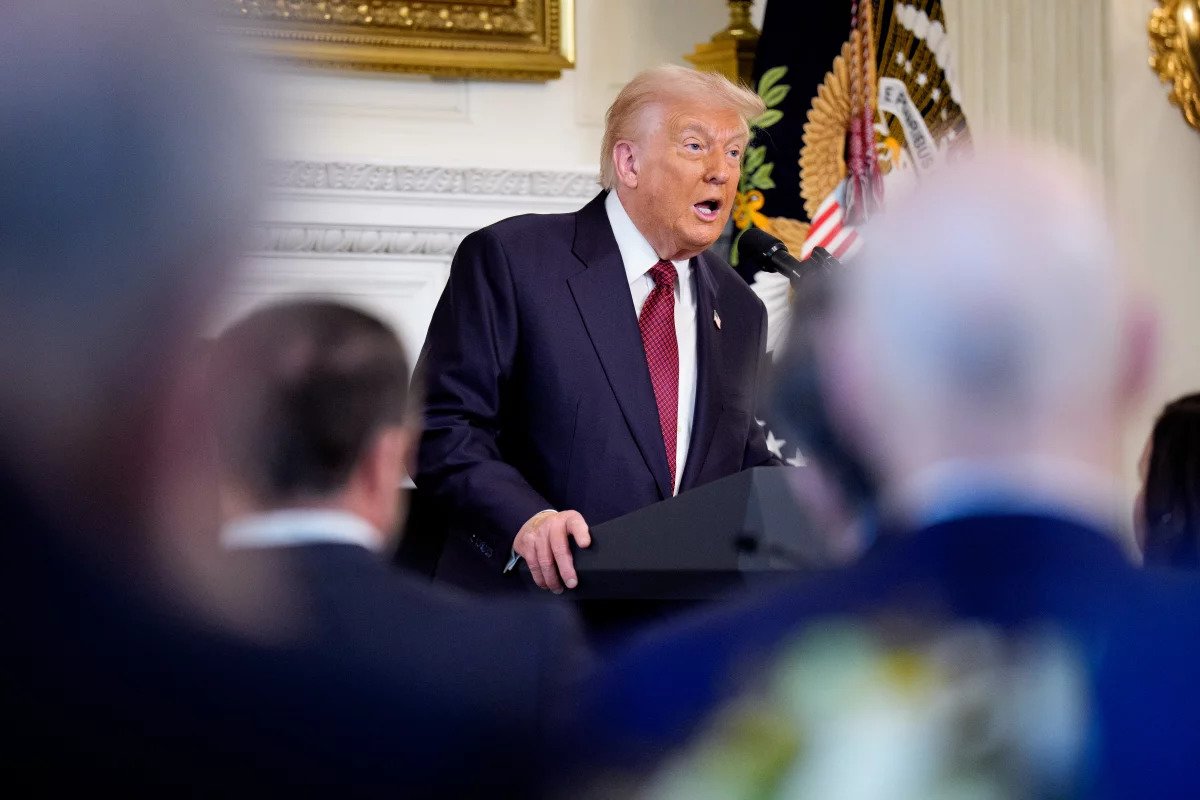
Trump Cites Shutdown Fallout and Urges Republicans to End Filibuster
After a poor election night for the GOP, the president links the government funding impasse to the party’s losses and calls to scrap Senate rule
President Donald Trump told Senate Republicans at a White House breakfast on November 5 that the ongoing government shutdown — now the longest in U.S. history — had contributed significantly to his party’s poor showing in recent off-year elections.
He said pollsters and party insiders had flagged the shutdown’s impact on key races, and he questioned the notion that his absence from the ballot was the chief factor.
The president used the gathering to press for a dramatic change in Senate procedure, calling anew for the termination of the legislative filibuster.
He argued that without scrapping the 60-vote threshold rule, Republicans would be unable to pass major legislation and would remain vulnerable to electoral backlash.
Senate Republicans, however, rejected the move.
Senate Majority Leader John Thune and other members emphasized there are insufficient votes to eliminate the filibuster and affirmed their commitment to the institution’s floor-rules tradition.
Beyond procedural reform, the president continued to shift blame for the shutdown onto Democratic lawmakers, asserting they alone could reopen the government but have not done so despite repeated House votes.
He maintained that Republicans have broadly supported funding measures but that the Democratic majority in the upper chamber is blocking action.
As the shutdown continues, critical federal services remain interrupted and millions of Americans face disruptions to food-aid benefits and health-insurance subsidy programmes.
The mounting public and electoral pressure is exerting new urgency on the standoff.
Mr. Trump told his fellow Republicans the filibuster is “the only way you can do it” and warned of further decline if the rule stays in place.
With the House already having passed a temporary spending plan and the Senate yet to act, the next funding deadline looms on November 21. Republicans must decide whether to continue negotiations under the current rules or follow the president’s call to change the Senate’s operational framework in pursuit of reopening the government.
He said pollsters and party insiders had flagged the shutdown’s impact on key races, and he questioned the notion that his absence from the ballot was the chief factor.
The president used the gathering to press for a dramatic change in Senate procedure, calling anew for the termination of the legislative filibuster.
He argued that without scrapping the 60-vote threshold rule, Republicans would be unable to pass major legislation and would remain vulnerable to electoral backlash.
Senate Republicans, however, rejected the move.
Senate Majority Leader John Thune and other members emphasized there are insufficient votes to eliminate the filibuster and affirmed their commitment to the institution’s floor-rules tradition.
Beyond procedural reform, the president continued to shift blame for the shutdown onto Democratic lawmakers, asserting they alone could reopen the government but have not done so despite repeated House votes.
He maintained that Republicans have broadly supported funding measures but that the Democratic majority in the upper chamber is blocking action.
As the shutdown continues, critical federal services remain interrupted and millions of Americans face disruptions to food-aid benefits and health-insurance subsidy programmes.
The mounting public and electoral pressure is exerting new urgency on the standoff.
Mr. Trump told his fellow Republicans the filibuster is “the only way you can do it” and warned of further decline if the rule stays in place.
With the House already having passed a temporary spending plan and the Senate yet to act, the next funding deadline looms on November 21. Republicans must decide whether to continue negotiations under the current rules or follow the president’s call to change the Senate’s operational framework in pursuit of reopening the government.

